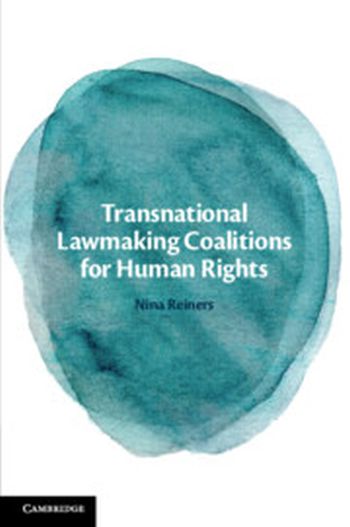
Transnational Lawmaking Coalitions is the first comprehensive analysis of the role and impact of informal collaborations in the UN human rights treaty bodies. Issues as central to international human rights as the right to water, abortion, torture, and hate speech are often only clarified through the instrument of treaty interpretations. This book dives beneath the surface of the formal access, procedures, and actors of the UN treaty body system to reveal how the experts and external collaborators play a key role in the development of human rights. Nina Reiners introduces the concept of 'Transnational Lawmaking Coalitions' within a novel theoretical framework and draws on a number of detailed case studies and original data. This study makes a significant contribution to the scholarship on human rights, transnational actors, and international organizations, and contributes to broader debates in international relations and international law.